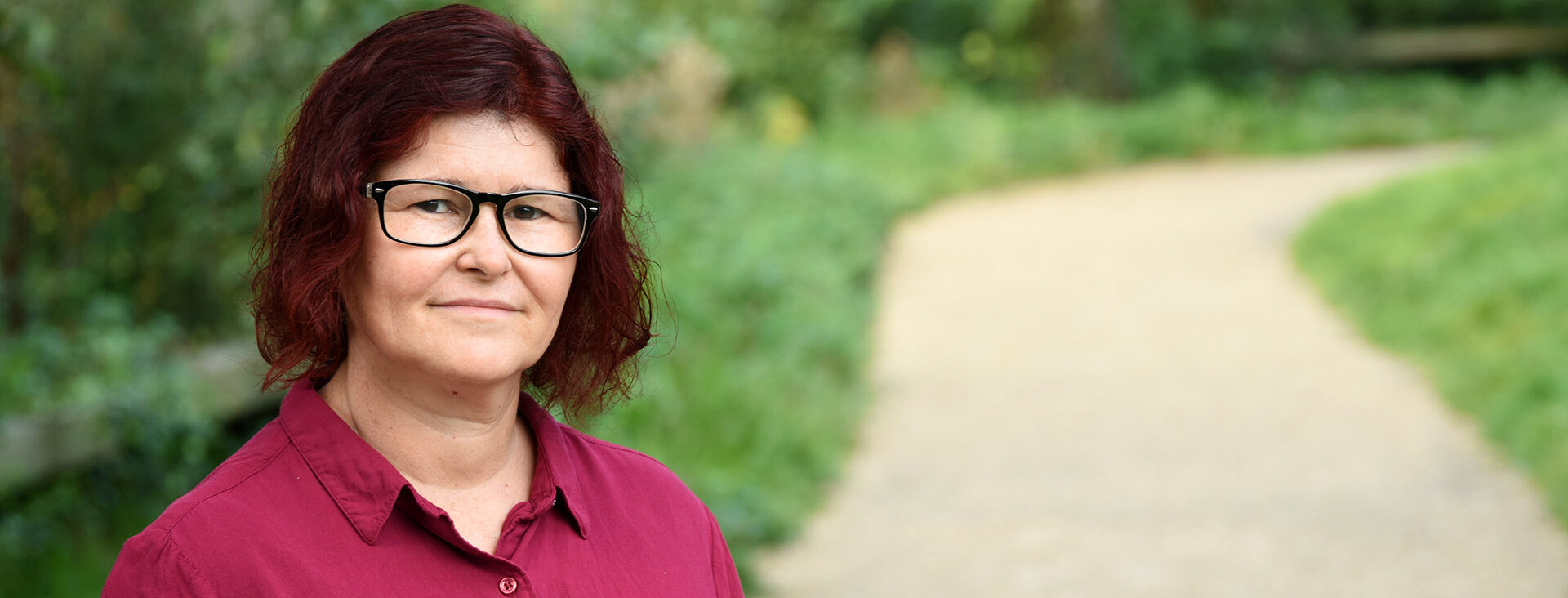When do you use ‘later’ and ‘after’? These words have similar meanings, but are used in slightly different ways.
Later
Later is an adverb. Use later to talk about a time in the future.
Examples:
He’ll be back later.
We are meeting for coffee later.
They are moving to Spain later in the year.
A synonym for later is another adverb – afterwards. I’m busy right now but we can talk afterwards – sometime in the future, we don’t know exactly when.
A little, much, and not much can be used with later.
Examples:
She arrived out of breath and the concert began a little later.
We’re leaving much later than the others, so don’t wait for us.
My father comes home from work not much later than my mother.
Later is also an adjective. It is used to describe something happening after a time you have mentioned.
Example:
The 2.00 session has already started, so you will have to see a later movie.
Later is often used this way with scheduled transport.
Example:
She missed the 10.30 bus, so she had to catch a later one.
Later bus; later train; the later ferry.
After
After is usually a preposition. It comes before a noun, pronoun or noun phrase. It might help if you ask yourself this question as a general rule- after what? There are several different ways to use after as a preposition.
Following a time or event
If something happens after a particular time or event, it immediately follows that time or event.
I will be home after 5 pm.
George came home after midnight.
I might go to the cinema after work.
Following an order (like in a list)
B comes after A in the alphabet.
The people were lined up one after the other.
Following someone or something OR looking for someone or something – this is quite informal.
He ran after the customer who had forgotten to pay.
My son likes it when I chase after him.
What kind of job are you after?
You might have noticed that in the last question after wasn’t followed by a noun. We can sometimes put a preposition at the end of an informal question, in fact it sounds a bit odd if you don’t.
When an amount of time has passed.
After waiting 20 minutes, my coffee was finally ready.
They met at university and were married after 6 months.
After (conjunction)
After can also be used as a conjunction to indicate that something happened later than another event.
As a conjunction after can be used at the beginning of the sentence or in the middle. However, if you use it in the middle, remember that the second part of the sentence happened first. Sounds confusing, but I’ll give you some examples:
I found her scarf on the sofa after she went home.
First, she went home, then I found her scarf on the sofa.
When it’s at the beginning of the sentence, use it like this:
After leaving school, Jane worked in an office.
In this case, list the events in the order that they happened.
You do need to remember to put a comma at the end of the first clause when you are writing.
After (adverb)
After can also be an adverb. It means later than someone or something else. It isn’t followed by a noun.
Remember to keep asking yourself the question after what? As an adverb, after can be at the end of the sentence, unlike with a preposition or a conjunction. But there still needs to be something either mentioned or implied that it is later than.
Example:
I can’t play tennis with you next week, but I can the week after.
After what? After next week.
What about the Fairy tale ending? They all lived happily ever after. This one is implied. After what? After the end of the story.
Soon After
Soon after is used in the same way as a little later or not much later, to show that a short time passed between the events.
Fred arrived at noon but left soon after.
After, Later or Afterwards
You can use after, later or afterwards following a phrase that mentions an amount of time, to show exactly when something happened.
Examples:
They were married six months after they met.
We ordered our meal, and it arrived an hour later.
He wrote about his ordeal 20 years afterwards.
Be careful not to use after when what you mean is at a vague time in the future.
“No, I’m not doing my homework now. I’ll do it after.” After what? In this example you need to say: I’ll do it later.
To use after you need to say what it is after. “No, I’m not doing my homework now. I’ll do it after dinner.”
Now it’s your turn. Write your own sentences using later and after in the comments on YouTube.
Until next time!


